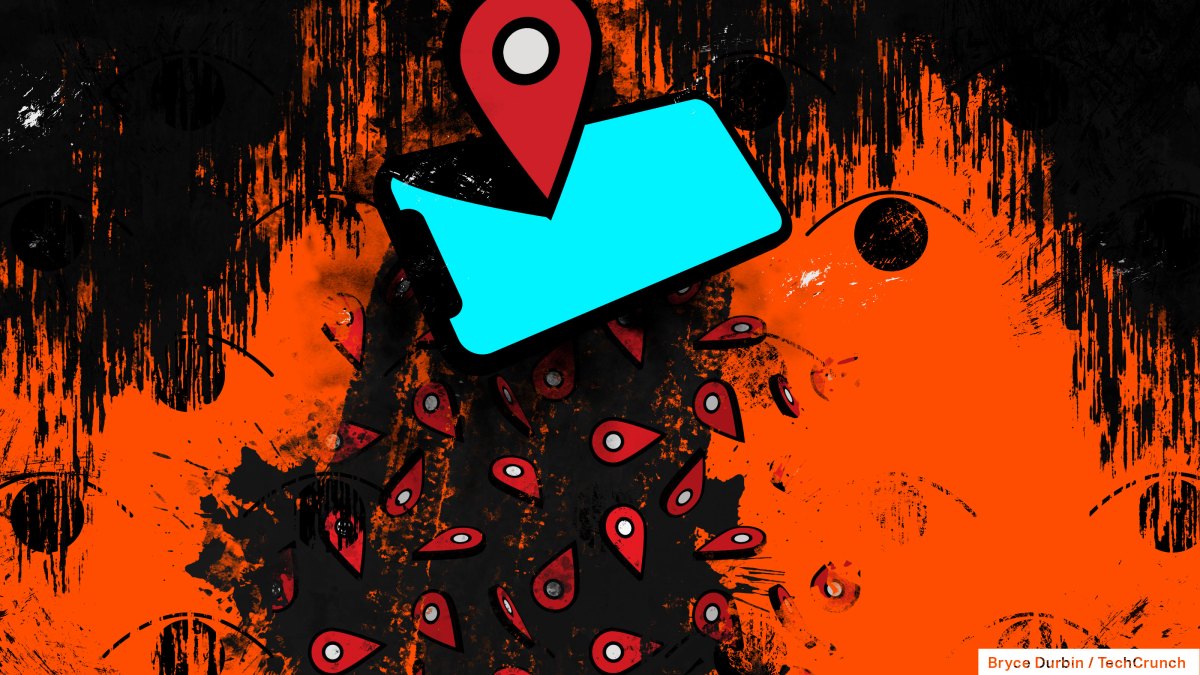The developers of two phone surveillance services have apparently ceased operations after the owner settled state charges of unlawfully promoting spyware developed by his companies.
PhoneSpector and Highster were apps that allowed covert monitoring of a person’s smartphone, commonly referred to as stalkerware or spouseware. These apps were typically installed on a person’s phone, often by a spouse or partner with knowledge of the passcode, and were designed to remain hidden while continuously uploading messages, photos, and real-time location data to a dashboard accessible by the abuser.
In February 2023, Patrick Hinchy, the owner of the tech companies that developed PhoneSpector and Highster, agreed to pay $410,000 in penalties to settle accusations of advertising and promoting spyware that allowed secret phone surveillance in New York state. The settlement also required the apps to alert device owners that their phones were being monitored.
Following the settlement, both PhoneSpector and Highster went offline. The websites for both apps stopped loading and the domains, servers, and back-end infrastructure known to be used by the apps are no longer online. Attempts to contact customer service for both apps resulted in disconnected phone numbers, and the office space registered to Hinchy’s companies is now occupied by a construction firm.
Most of Hinchy’s registered companies in New York and Florida remain active, but they have not filed paperwork for several years and are past due for updates, according to public records searches.
Hinchy did not respond to requests for comment, and the New York attorney general’s office declined to answer questions about the settlement, including whether the penalty was paid as agreed.
PhoneSpector and Highster are the most recent stalkerware apps to go offline following regulatory action. In 2019, the Federal Trade Commission brought charges against phone monitoring app maker Retina-X, which eventually shut down. A year later, the FTC banned stalkerware maker SpyFone and its CEO from the surveillance industry, and a subsequent investigation found the CEO returning with a new stalkerware app that also shut down.


